
Edwin Jakachira Sithole
As I reflect on the state of political activism in Zimbabwe, I am compelled to explore the factors that have contributed to its decline.
Growing up in a Christian family, I was actively involved in the United Church of Christ, where I developed a passion for activism. My journey into activism began when I fought for the rights of young people in my community.
After completing my ordinary level studies, I moved to Harare to pursue higher education. However, my academic pursuits were short-lived, and I eventually dropped out to join the public service as a civil servant. During my high school days, my late brother Canfred Pambuka would often organize us to attend NCA demonstrations and civil society workshops.
The Zimbabwean civil society was once a formidable force, with church groups, trade unionists, student activists, and NGOs coming together to push for constitutional reform. The success of this movement led to the formation of the Movement for Democratic Change in 1999.
However, as international donors began to provide financial support to these groups, the activism became increasingly commercialized.
I remember attending workshops and demonstrations, where we would be given money to attend. At one point, I attended a workshop organized by the ZCC, where my friend Bongai Gavhumende and I registered ourselves as coming from Mahenye, a rural area far from Harare. We were given a substantial amount of money, which was more than enough to buy clothes and have some pocket money left over.
The influx of donor funding led to the emergence of "briefcase organizations" that prioritized securing funding over genuine activism. These organizations would often subcontract community-based organizations, providing funding to activists regardless of their actual involvement in protests or marches.
The decline of activism in Zimbabwe can be blamed on INGOs from America and Europe. Instead of teaching us about voluntary activism, they offered money to motivate us to demand our rights. This created a funding dependency syndrome, where citizens only speak out against bad governance if they're paid to do so.
In other countries, like Mozambique, thousands protest against bad governance without expecting funding from donors. The INGOs' involvement in Zimbabwe has undermined genuine activism, leaving us unable to challenge public officials abusing their power without being paid.
I recall a public meeting organized by a civic society organization at Crown Plaza, where Douglas Mwonzora was the speaker. The organization had hired several commuter omnibuses to ferry activists from various suburbs, including Chitungwiza, Mbare, Epworth, Mabvuku, and Mufakose. After the meeting, the activists were given brown envelopes containing money.
Related Stories
I also remember attending dozens of workshops in the run-up to the 2010 referendum, where we would be given substantial amounts of money. At some point, I was attending workshops almost daily, and I would go home with not less than US$60-US$150.
The commercialization of activism has had a devastating impact on the Zimbabwean civil society. With funding dwindling, many activists are no longer motivated to take to the streets to demand change. Instead, they are more focused on supporting personalities rather than ideologies.
Some of the individuals who were involved in the activism movement during its heyday include Mkoma Jacko Mafume and Otto Saki, who were regional directors of INGOs. There was also a time when Crisis in Zimbabwe Coalition and NCA were the cash cows for the "Harvest House" career activists.
Individuals like the late Cde Chimedza, Madhuku Denford Ngadziore, Lego, and Nerwande would take turns to receive huge perks from Prof by just saying "I'm an activist" and because funding was available then he would not hesitate to help them even though they would hide by a finger to say it's for school fees but people would know it was for beers and all sorts of big boys' entertainment.
As if that was not enough, they would also go to Philips in Belgravia at Crisis Coalition offices and receive even more money from cde Mcdee all in the name of activists without Borders. These individuals were the face of activism in Zimbabwe, but with the decline of funding, the movement has lost its momentum.
The fear of persecution and intimidation by the government has also contributed to the decline of activism. Human Rights Watch has documented cases of abductions, arbitrary arrests, and human rights abuses by state security officials.
To move forward, it's essential to prioritize genuine activism over personal gain. Here are some ways to achieve sustainable activism:
- Grassroots mobilization: Focus on mobilizing people at the grassroots level, rather than relying on briefcase organizations.
- Volunteerism: Encourage volunteerism and community service, rather than paying activists.
- Accountability: Ensure that organizations are transparent and accountable in their use of funds.
- Leadership development: Invest in leadership development programs that promote critical thinking, strategic planning, and community engagement.
By adopting these strategies, Zimbabwe can revitalize its activism movement and create a more just










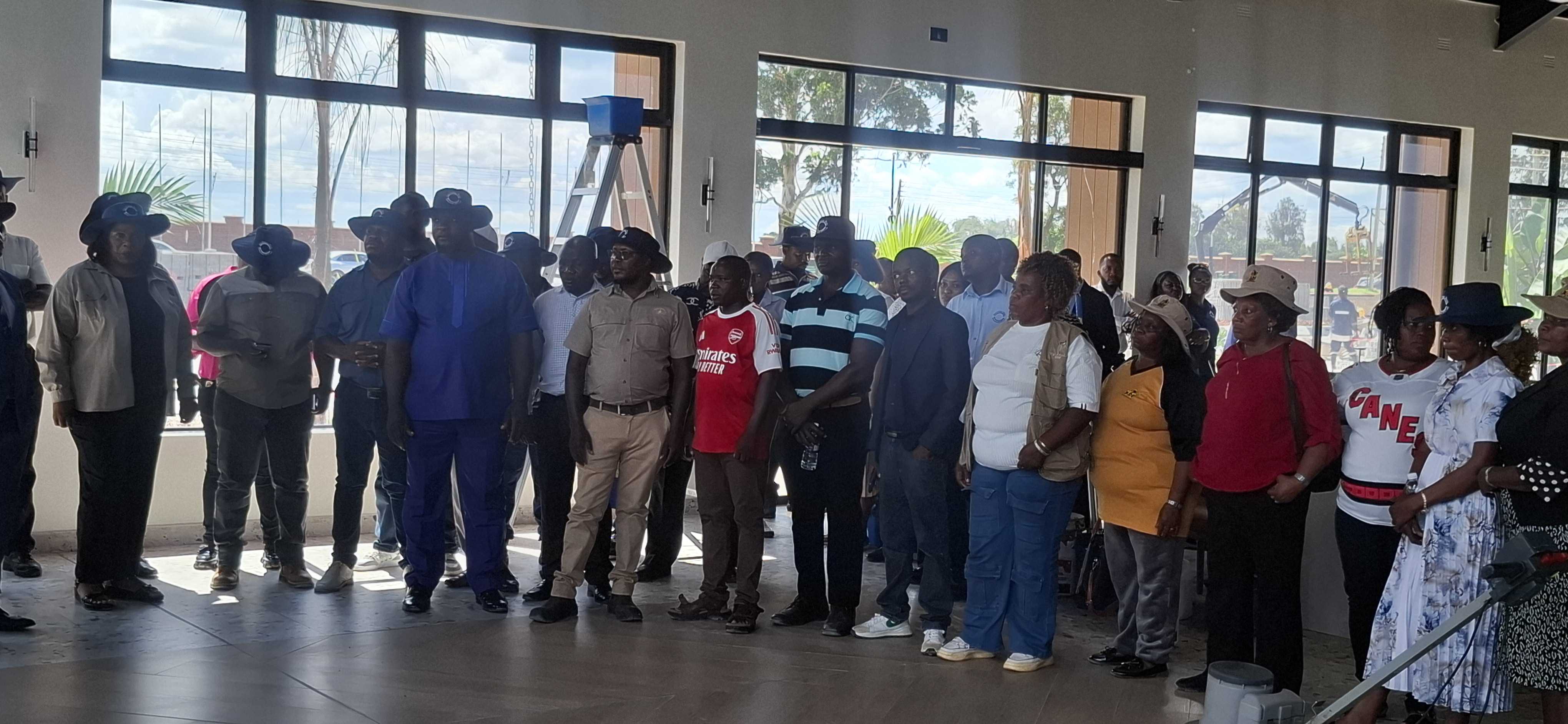
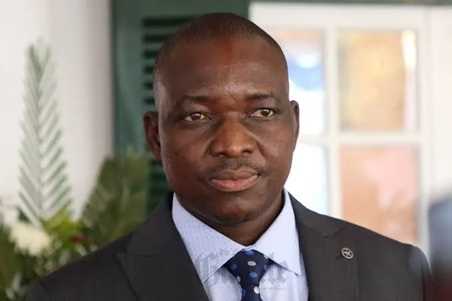



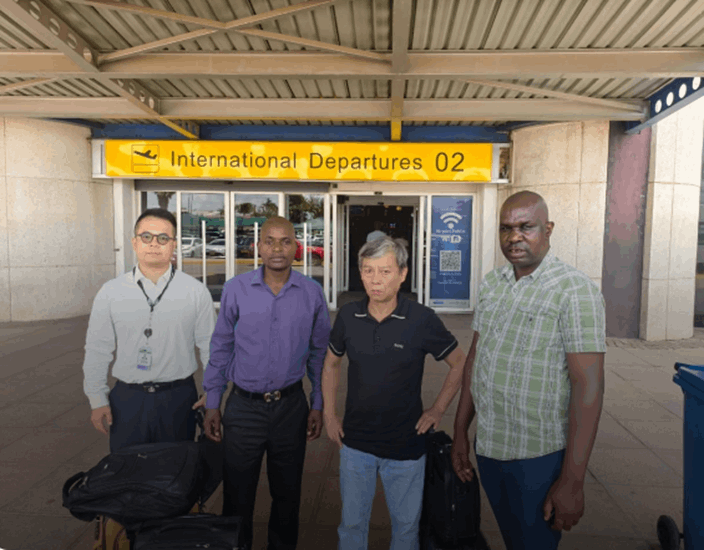
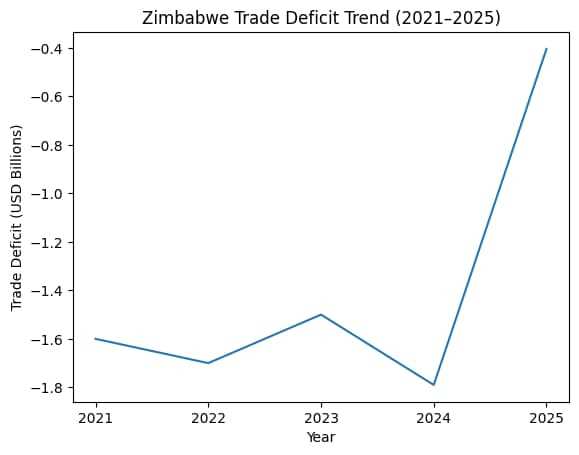
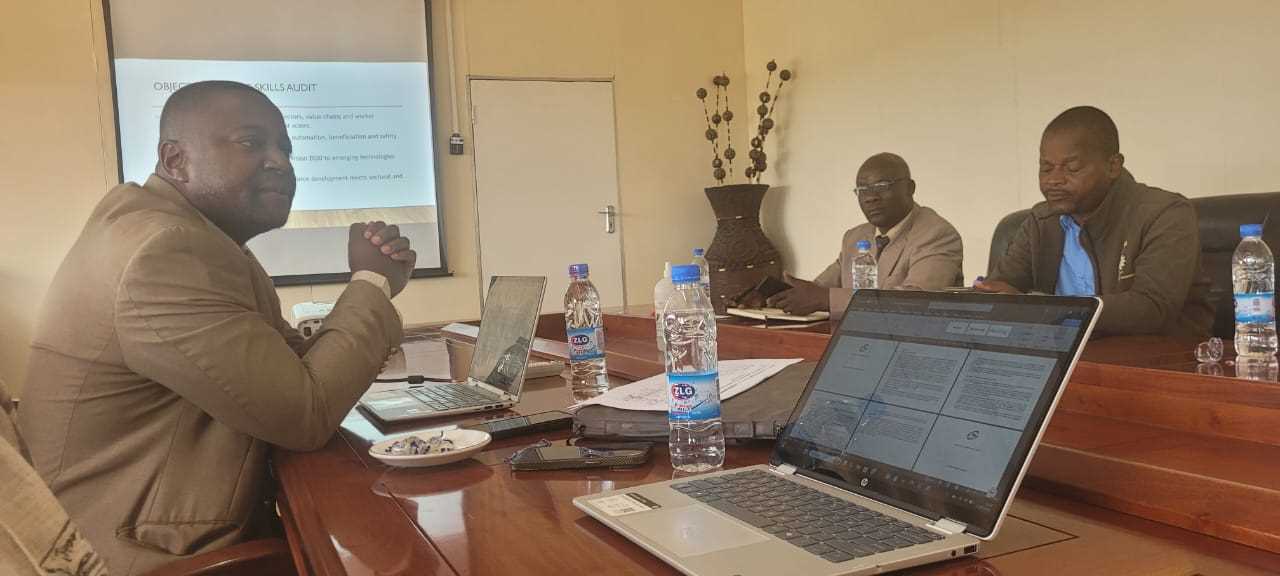


Leave Comments